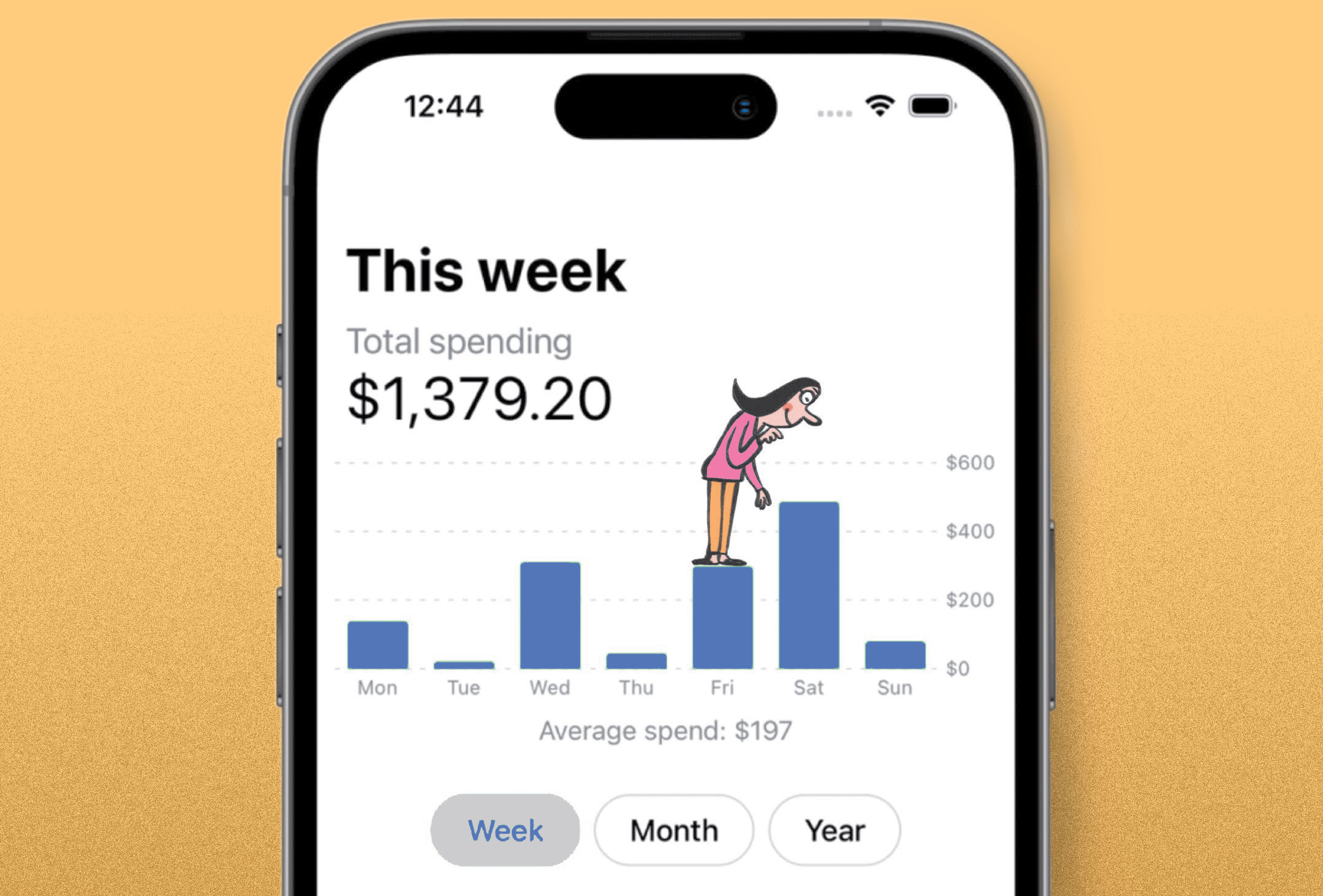Lessons from analysing spending habits
Welcome to the latest edition of ST Headstart, bringing you the best of The Straits Times’ career, personal finance and lifestyle coverage every Tuesday noon. Sign up here to get weekly tips right into your inbox.
“Just eat cai fan to save money” is something we sometimes say when our bank account feels a little empty. I wanted to find out if doing so would actually help me cut down on my expenses, so I did a quick search on how best to test this hypothesis.
A recent DBS study found that bank apps, which also function as little digital financial planners, can help give insights on money management and saving for retirement. So I decided to use a bank app to track my spending, aiming to better understand patterns and explore ways to save and invest more effectively. Does cutting back on food expenses really move the needle? Find out in my latest column.
Tracking finances is even more vital now, with options like Buy Now, Pay Later making a comeback. In my colleague Teo Kai Xiang’s report, experts warn of risks such as spending beyond your means.
Besides budgeting, look out for other adulting topics like quiet cracking and rising singlehood in this edition of Headstart.
Stay hydrated!
askST Jobs: Is your job vulnerable to offshoring?
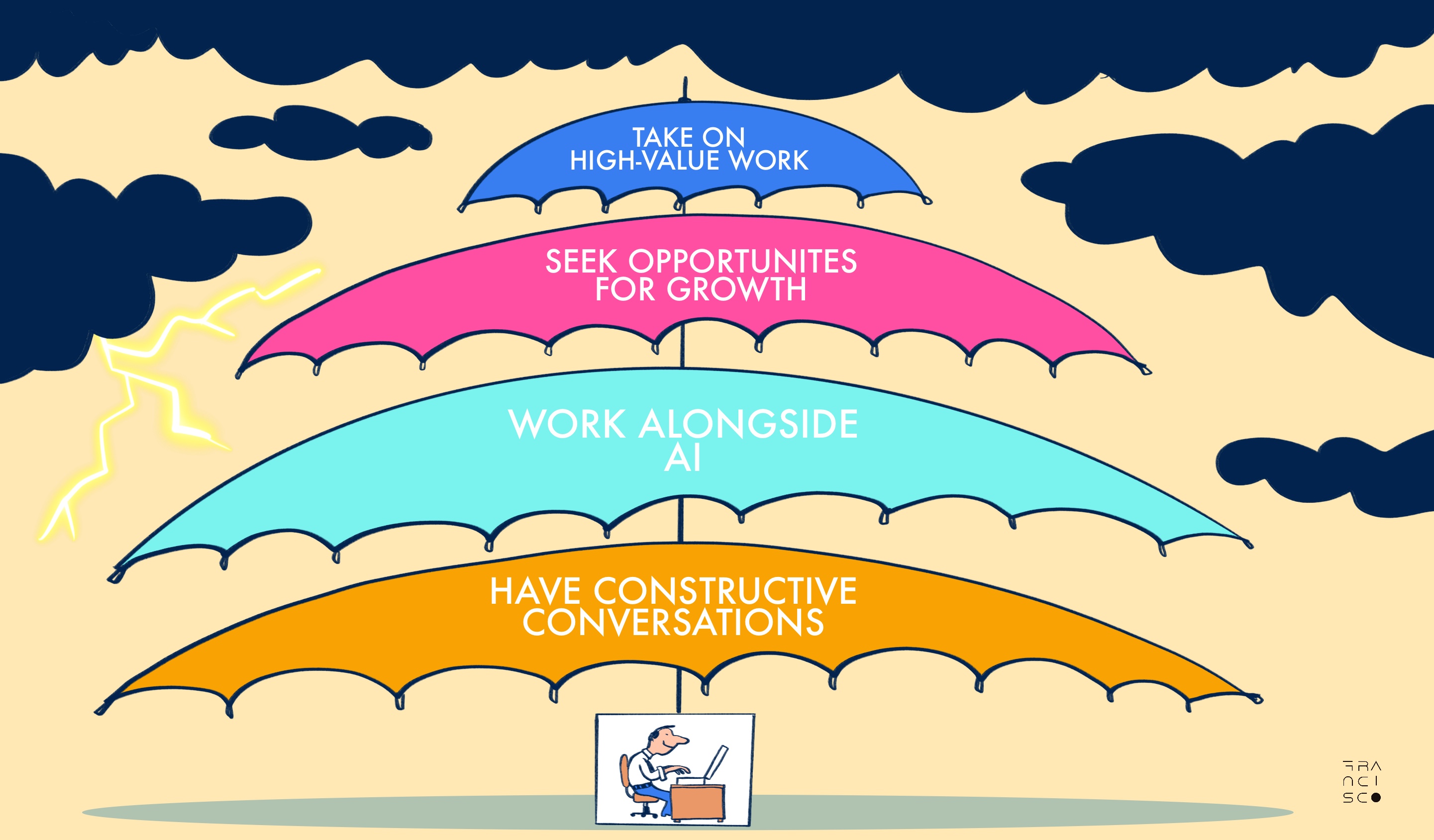
Jobs with repetitive tasks that are not anchored to a physical presence may be at risk.
Will 996 culture take root in Singapore?

As more Chinese firms set up shop, could gruelling Chinese work habits clash with local values of work-life balance?
Video: Secretly falling apart at work? You could be quiet cracking
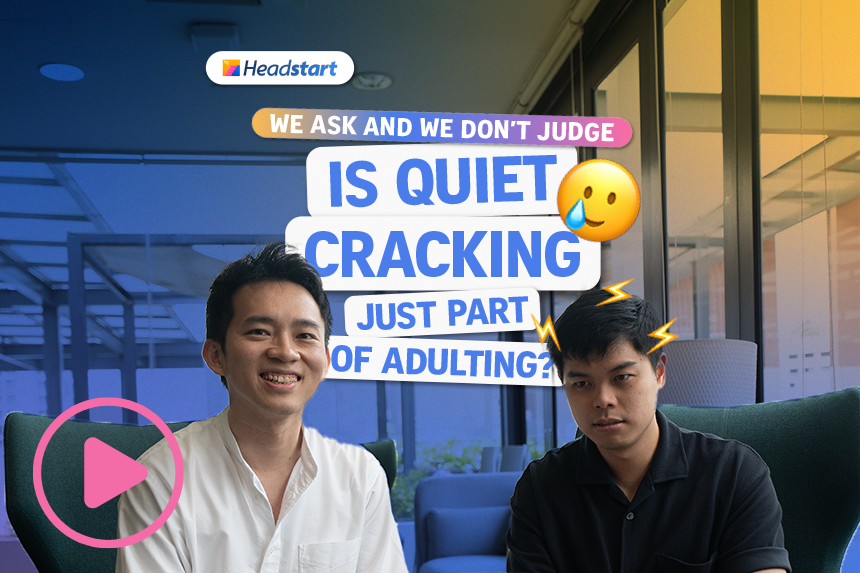
We ask an expert why some people struggle in silence at the workplace, and what could go wrong.
The rise of singlehood is reshaping the world
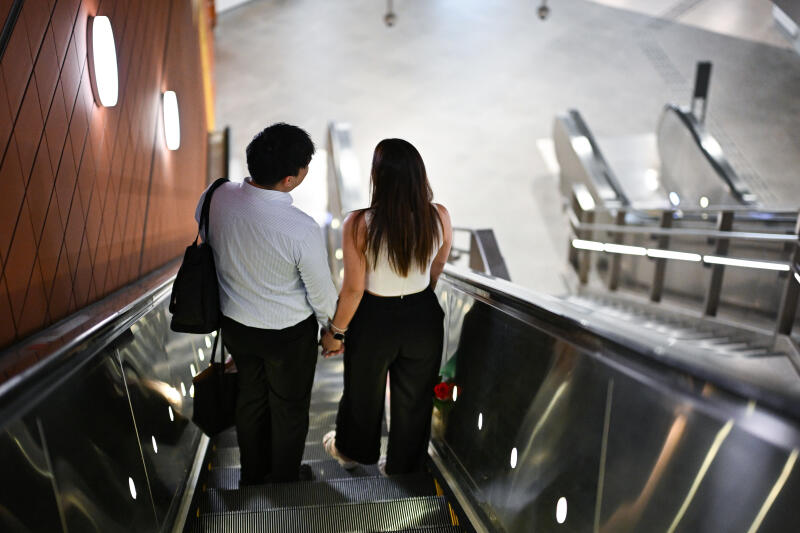
The speed with which the norm of marriage – or relationships of any sort – is being abandoned is startling, this writer says.
Me and My Money: Third-generation jeweller helped revive family business
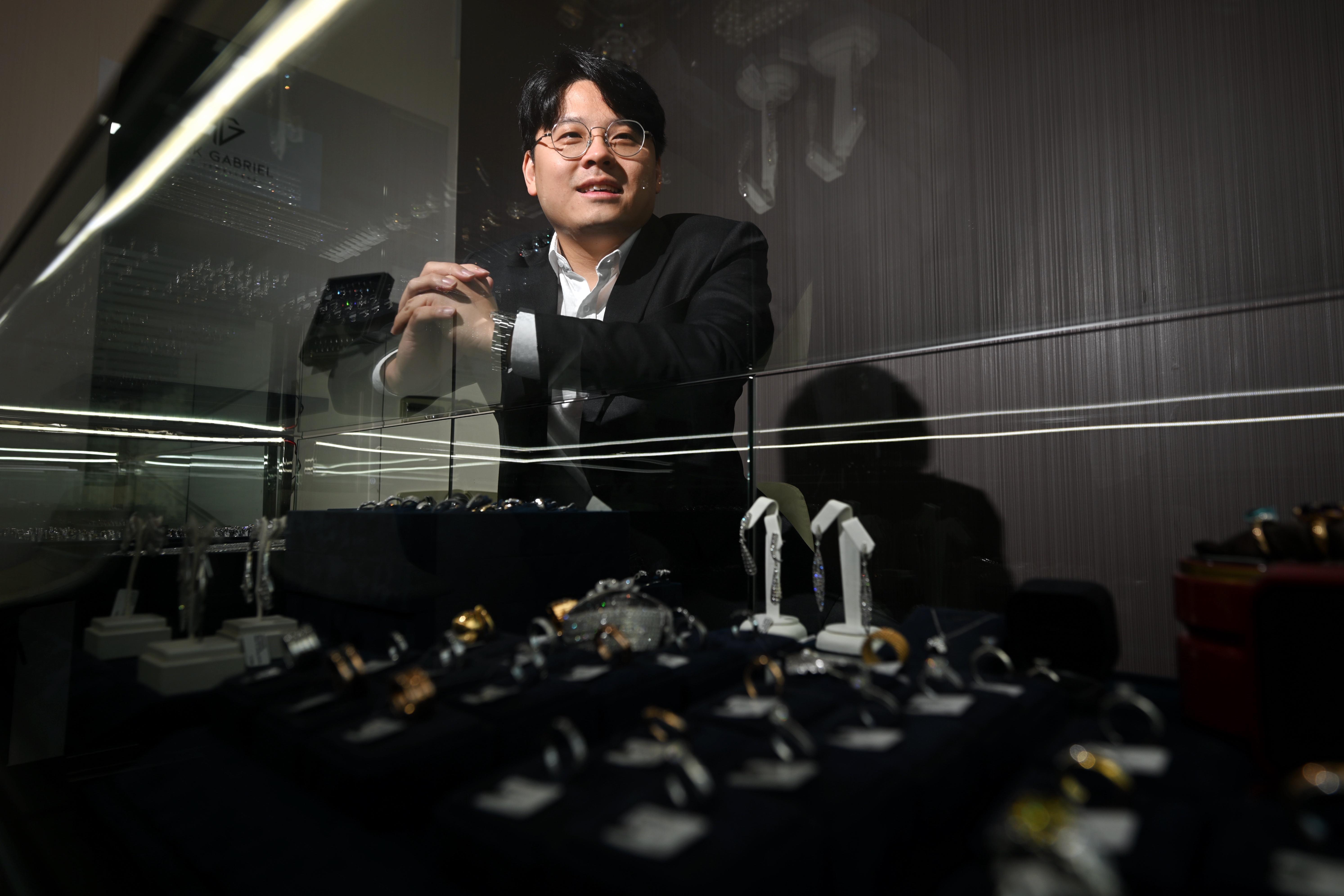
He said the crisis hit when he was in his teens, and he realised that they had to turn things around quickly or risk falling behind.
Clean energy workforce expected to increase by 60% in the next decade
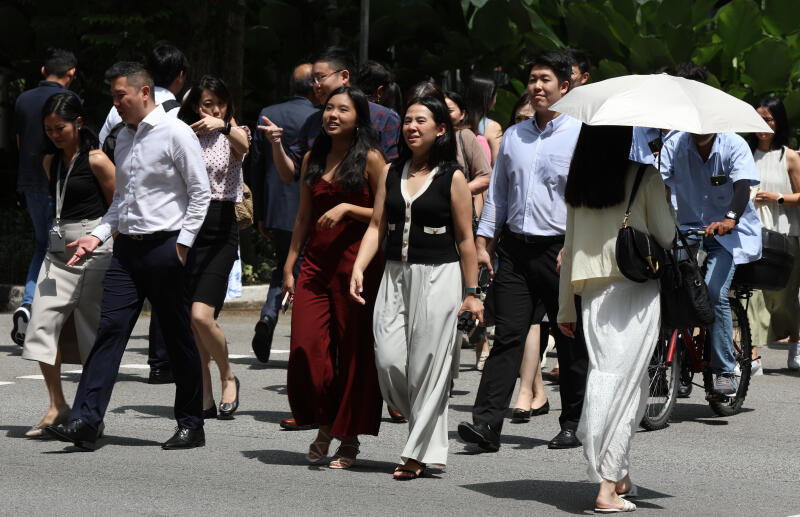
New jobs such as specialists working on subsea interconnectors will grow in demand.
If you received this newsletter from someone, sign up here to get it right into your inbox!

